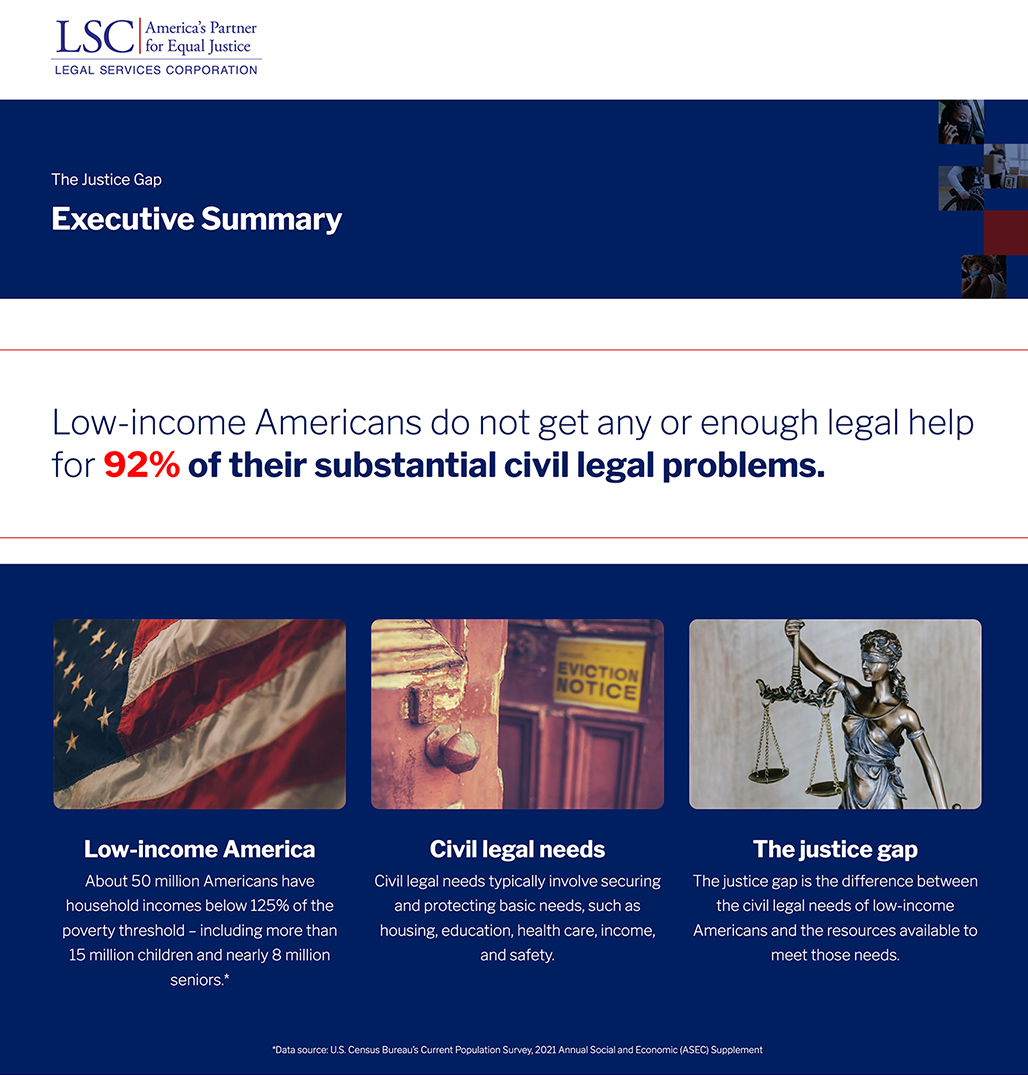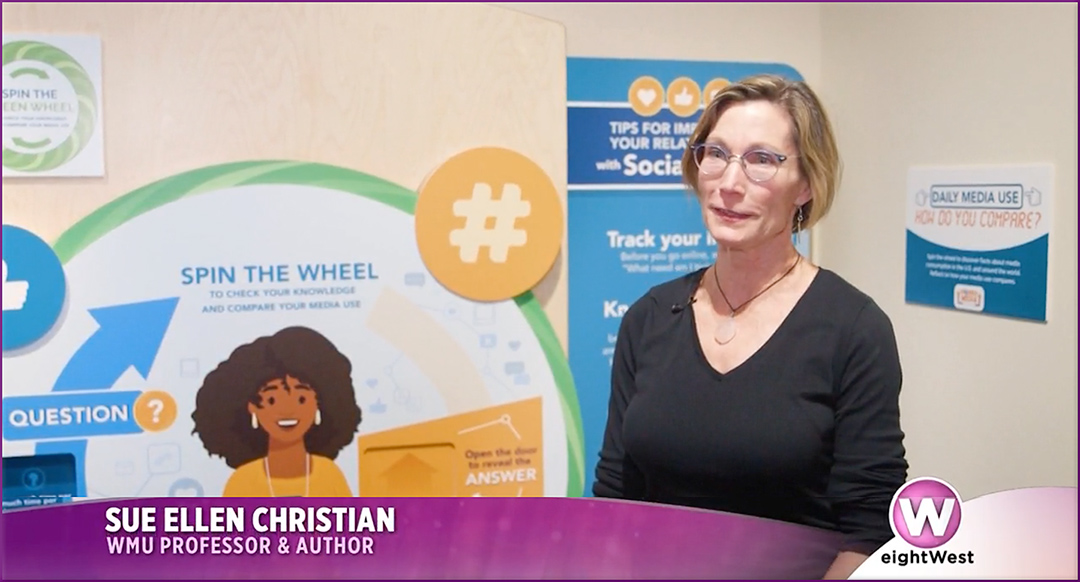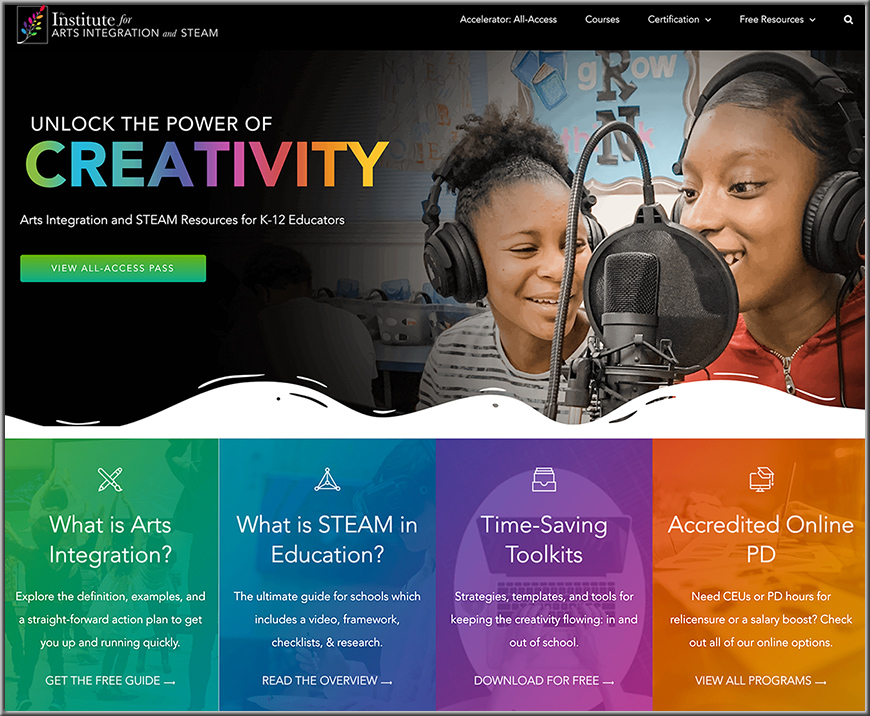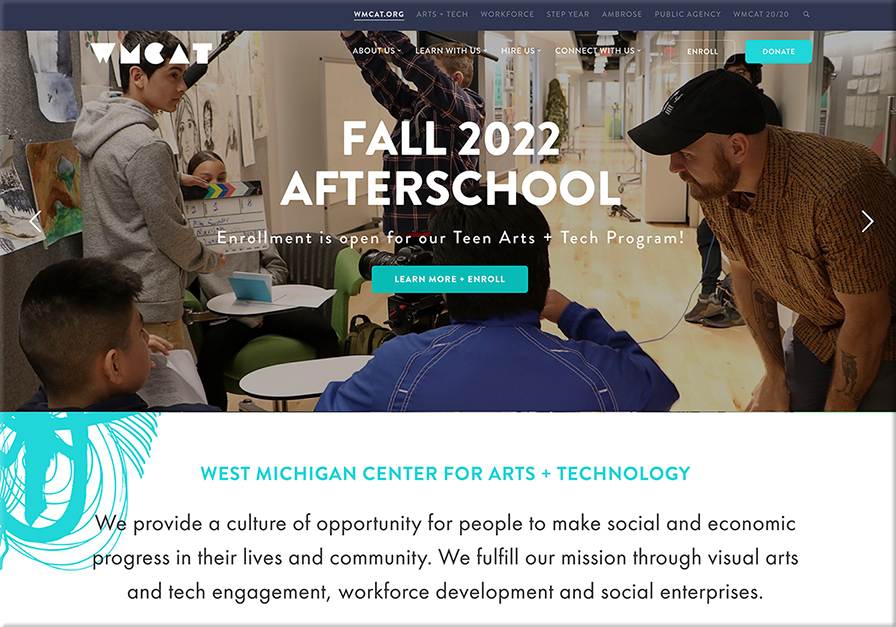The Shrinking of Higher Ed — A Special Report from The Chronicle of Higher Education
A special report on the implications of the enrollment contraction.
Excerpt:
Nearly 1.3 million students have disappeared from American colleges since the Covid-19 pandemic began. That enrollment contraction comes at a precarious moment for the sector. Inflation is driving up costs and straining budgets, stock-market volatility is putting downward pressure on endowment returns, and federal stimulus funds are running out. Why is the enrollment crunch happening now? How are colleges responding? What might turn things around? Those are the questions fueling this special report.
A Public Regional on the Edge — from chronicle.com by Eric Kelderman
New Jersey City University’s plan to grow its way out of financial trouble backfired. What went wrong?
Excerpts:
NJCU’s story is a cautionary tale for similar institutions — small public regional colleges with ambitions to expand in a crowded higher-education market. While its real-estate dealings have drawn unfavorable scrutiny, the university was responding to challenges that face its peers, in northern New Jersey and around the country: increased competition for a declining number of high-school graduates.
…
Public regional universities, like NJCU, enroll about 40 percent of all college students nationally, and a far larger percentage of minority, low-income, and first-generation students than better-known flagships and top research universities do.
…
But a lack of state support, limited ability to attract students from outside the region, and sparse fund raising have made the university vulnerable to economic downturns and demographic shifts that have led to fewer high-school graduates, especially in the Northeast and upper Midwest.
Linked to in the above article was this article:
Declining enrollment has Western Michigan University on budgetary tightrope — from mlive.com by Julie Mack
Excerpts:
KALAMAZOO, MI — Western Michigan University has 17,835 students this fall, its lowest enrollment since the 1960s.
The number is down 6% from last fall. Down 27% from a decade ago, when the fall headcount was 24,598. Down 41% from 20 years ago, when WMU’s fall count peaked at 29,732.
And thanks to a declining birthrate and a shrinking percentage of new high school graduates enrolling in college, that downward enrollment trend is likely to continue indefinitely.
Rather, “what COVID did was force our hand after years of pressure created by declining enrollment and demographic trends that suggest declines will continue for the next decade,” she said. “So while COVID brought our financial situation into sharp relief, the budget cut was a measure taken to relieve pressure created over many, many years.”
A relevant addendum here:
Avoiding the Trap of Too Little Too Late — from tytonpartners.com by Trace Urdan; with thanks to Ryan Craig for this resource
Excerpt:
The challenges facing higher education are well understood: a demographic cliff of traditional-aged applicants, a declining proportion of full-pay families, and a growing skepticism of the value of (ever-more) expensive post-secondary degrees with resulting student consumerism. Add to this rapidly rising technological complexity, deferred maintenance on deteriorating physical assets, escalating administrative costs associated with student services and supports, and a burgeoning array of college substitutes, and the challenges are clear. The combination of lower tuition revenue and higher costs points toward an inevitable sector consolidation. And while many college administrators will readily acknowledge this point in the abstract, few will consider that it might apply to them.












